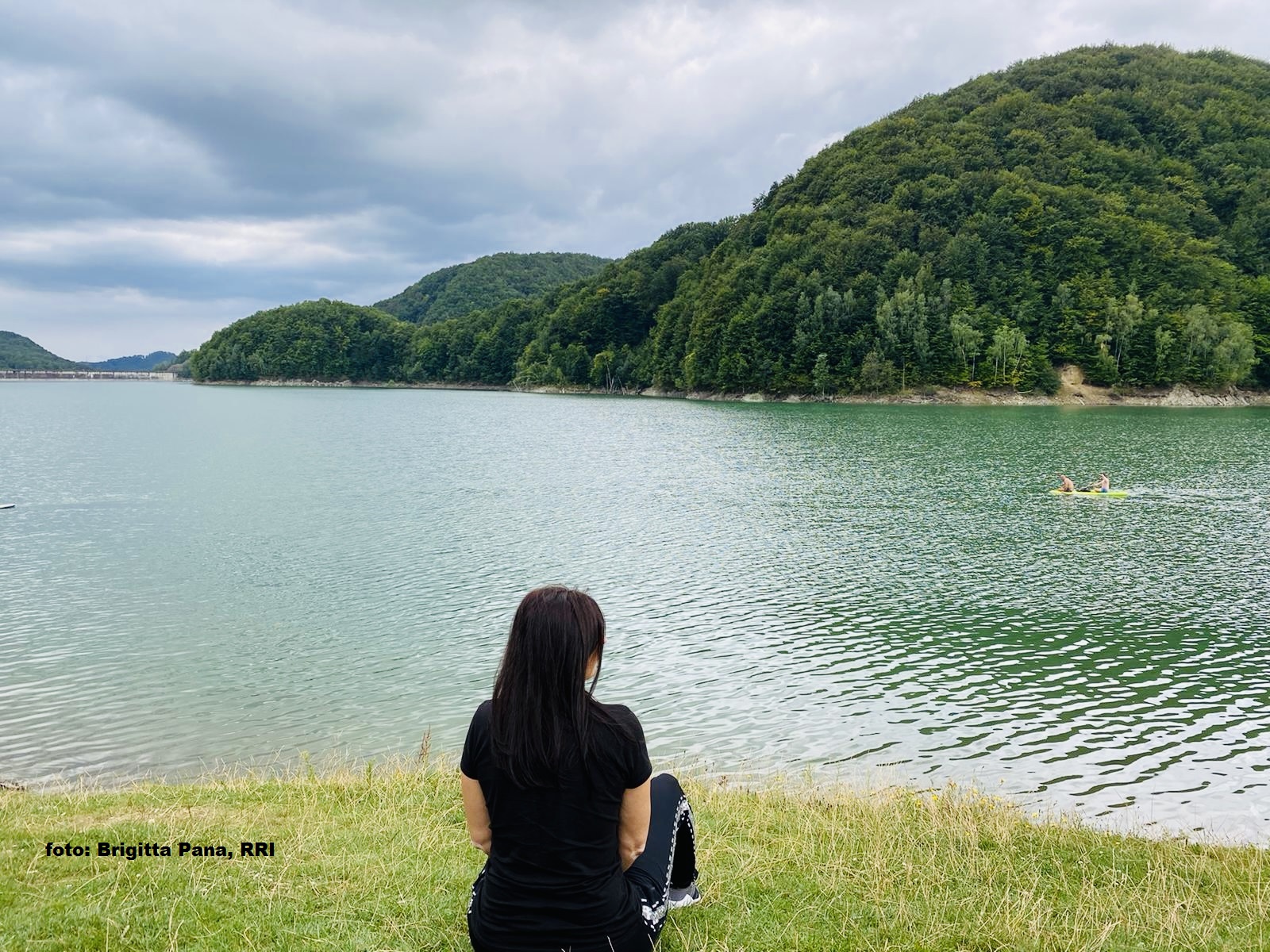Teenagers and Philosophy
A philosophy and poetry project for adolescents

Christine Leșcu, 26.06.2024, 13:46
Often easily labeled as “disinterested in reading”, “addicted to screens”, “suffocated by consumerism”, or “exhausted by private tutoring”, today’s teenagers remain, in fact, unknowns. Sometimes, or most of the time, they are puzzles even for their parents and educators, who can’t seem to find the time or effective method to communicate with them. And then the writer Iulia Iordan, thanks to an educational project initiated by a non-governmental organization and the Seneca publishing house, decided to find out what today’s teenagers think. The starting point is the famous book “Letters to Lucilius”, written by the Roman philosopher Seneca, and the method is writing. Coordinator Cristina Pârvu details.
“We started from the desire to turn Seneca’s teachings into practical advice for today’s youth, advice to keep close, to carry in your pocket. We work with the writer Iulia Iordan and illustrator Oana Ispir. In fact, it is a collaboration between the writer Iulia Iordan and 18 teenagers between the ages of 15 and 17, who addressed letters to Iulia Iordan in which they talked about their concerns, their anxieties, their existential questions, and their joys their. Starting from the children’s letters, Iulia wrote them, in turn, some answers inspired by Seneca’s teachings and the letters he sent to his friend Lucilius.”
Therefore, “Pocket Philosophy” is a project with the editorial participation of teenagers, but the texts that will be published, at the end, in the volume “Stay with Yourself”, are written by Iulia Iordan in the form of a poem. The 18 participating teenagers are young people with whom the writer has also collaborated in other educational projects, and who feel the need to confess, if there is someone to listen to them, states Iulia Iordan herself.
“It’s definitely a form of validation, as one of them says quite explicitly in one of the letters: we have this need for constant validation. From my interactions, independent of this project, with young people or even younger and younger children, I see this need to tell stories, and I am often told that “I have no one to talk to, not even among my friends. I dare not say certain things.” And it seems extremely sad and unfair that, despite the fact that we have so many means of communication at our disposal, they are still left with the feeling that we are misunderstood and not listened to. That’s why I was very happy to open the Seneca publishing house as part of this project, where the initial proposal was to adapt some of Seneca’s letters to Lucilius in a more teen-friendly form through poetry. But, in the end, the publishers still agreed to be even more open than that, and to even include the voices of young people in these poems that ultimately result in the project.”
What concerns do these young people, and what do teenagers of this generation have in common? “The seriousness with which they ask themselves questions”, observed Iulia Iordan:
“The fact that they are very lucid and very aware of the answers to these questions as well. They have some trained minds indeed, with some reading behind them. Therefore, I would try to counter a possible criticism of this book, which was made to me in other contexts, and in which I was told that: ” but these are the children you worked with, they are certainly not all like that”. Well, they are all like that, if we manage to train this critical and clear mind in them, if we provide them with books, and if we don’t just aim to include them in an extremely formal form of education, as unfortunately happens most often in the Romanian school. I think any young person could write the way these did, if only they had a few small tools for the adults around them to provide. What do they have in common? The free way in which they express their boldness, the courage with which they ask their questions, and they themselves answer them. Generally, after reading one or more of these letters, you can’t help but be in awe of their young and open minds.”
What turmoil do teenagers feel in these times of change and uncertainty, just like when Seneca was writing his own letters to Lucilius? Iulia Iordan answers:
“Some of them have written about death and how they relate to it. Someone else wrote about war, and I found this approach very mature in its innocence, especially since most adults around me had already stopped talking about the issue of war, even though it is still on the border of our country. But, behold, children still think of these things. Others have written about love, or philosophy, or writing, or literature, or courage, or fear. The themes are very diverse.”
The text of the book “Stay with Yourself” is already completed, and Oana Ispir has started working on its illustrations. The Seneca publishing house expects to launch it in the fall, says project coordinator Cristina Pârvu:
“In September 2024, 1,000 copies will be sent to disadvantaged schools through the partnership we have with the Roma Education Fund for Romania. The book will be accompanied by a pedagogical guide with activities based on Iulia’s 18 letter-poems, and also when we donate these books to the partner schools, we will also train the teachers. We will do a webinar where we will tell them about the project, about the writing process, and about the activities that we propose in that guide. And then the book will be in bookstores, available to the general public.”






























